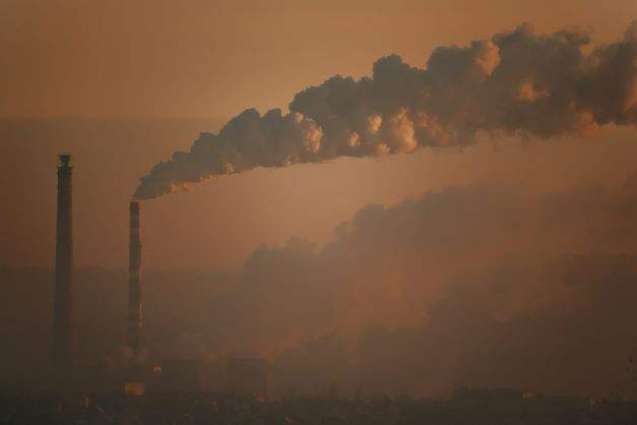South Asians would have a life expectancy of five years more if the pollution levels met WHO standards.
According to studies, microscopic air pollution caused primarily by the burning of fossil fuels reduces life expectancy by more than two years worldwide.
According to a report by the University of Chicago's Energy Policy Institute, if fine particulate matter levels across South Asia reached World Health Organization criteria, the typical individual would live five years longer.
The severe lung and heart illness caused by so-called PM2.5 pollution reduces life expectancy by eight years in the Indian states of Uttar Pradesh and Bihar, home to 300 million people, and by a decade in the capital city of New Delhi.
PM2.5 pollution, which has a diameter of 2.5 microns or less, or about the same as a human hair, penetrates the lungs and reaches the bloodstream.
It was listed as a cancer-causing substance by the United Nations in 2013.
According to the WHO, PM2.5 levels in the air should not exceed 15 microgrammes per cubic metre in any 24-hour period, or 5 mcg/m3 on an annual basis.
The WHO strengthened these guidelines last year, the first time since adopting air quality guidance in 2005, in response to accumulating evidence of negative health effects.




